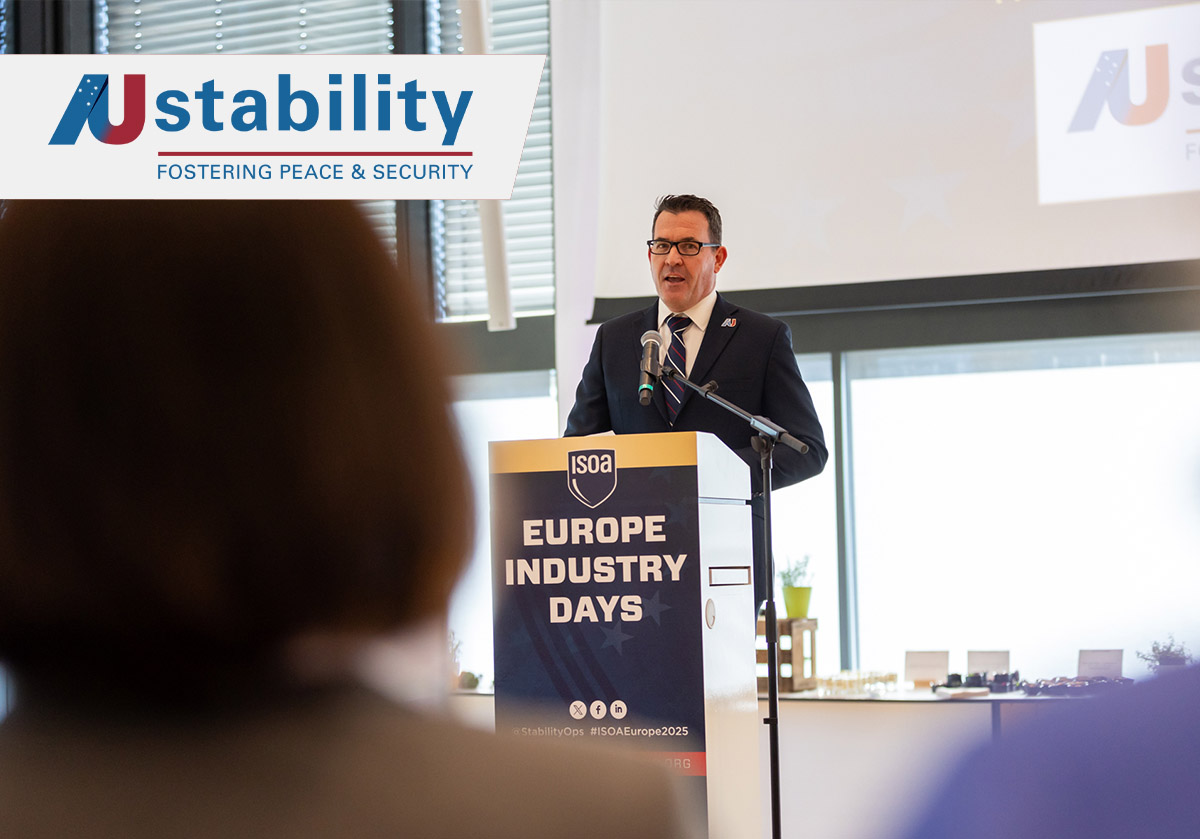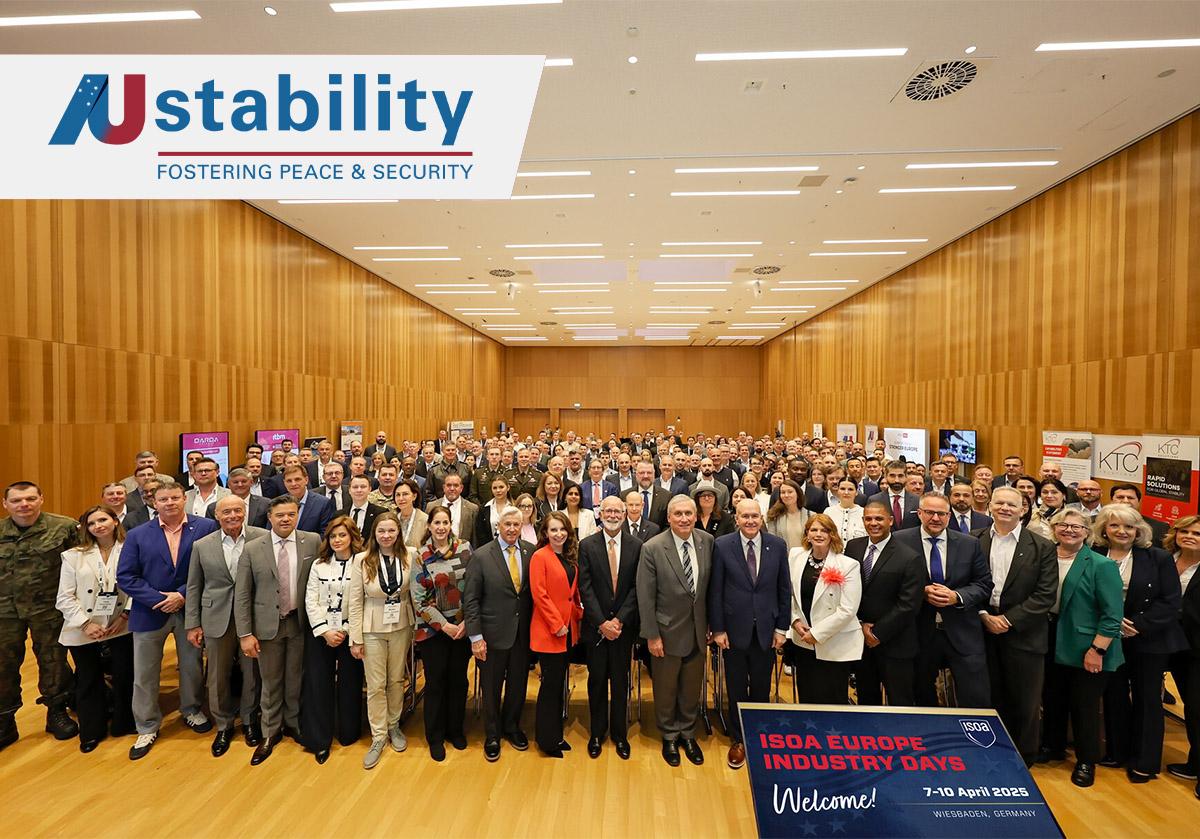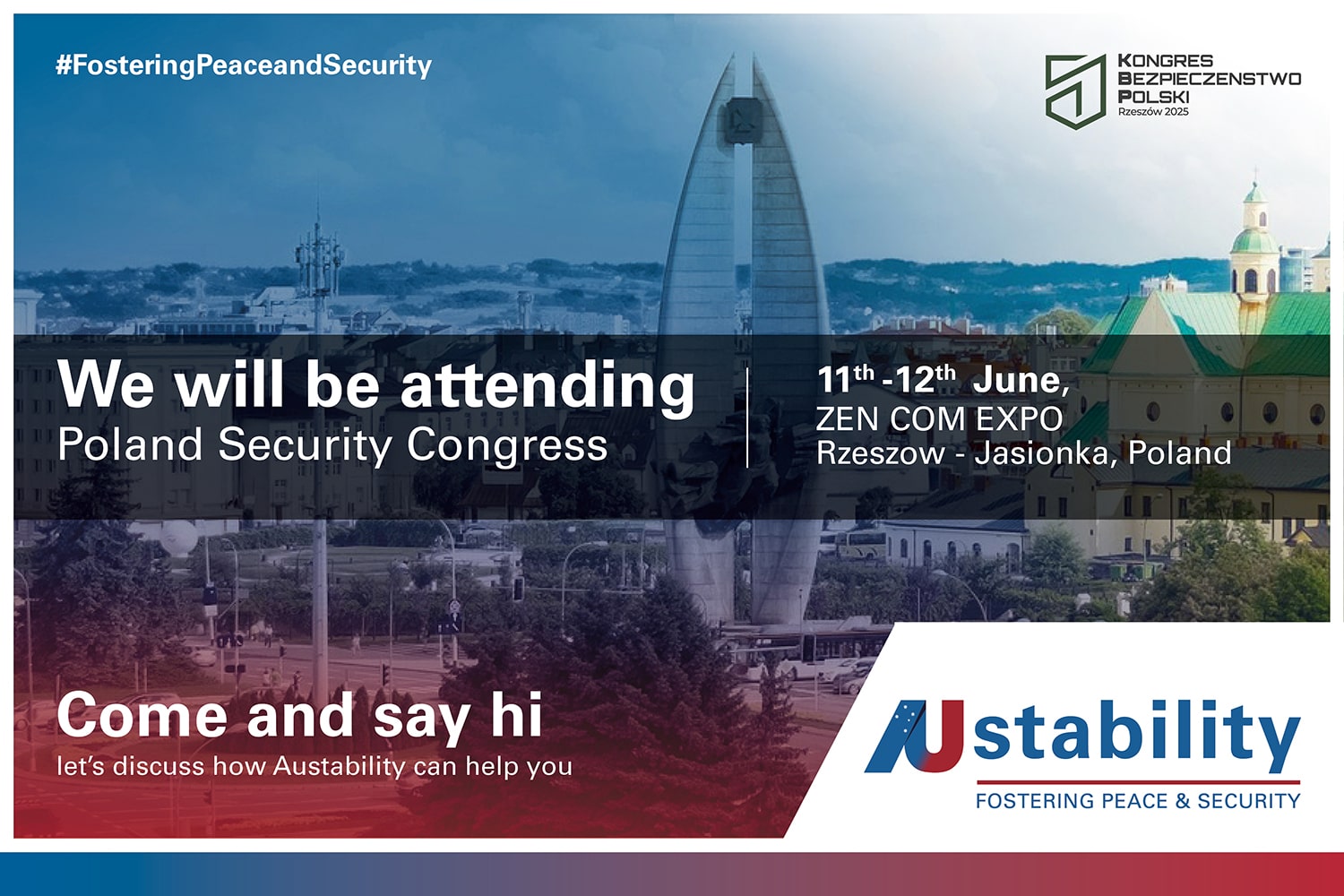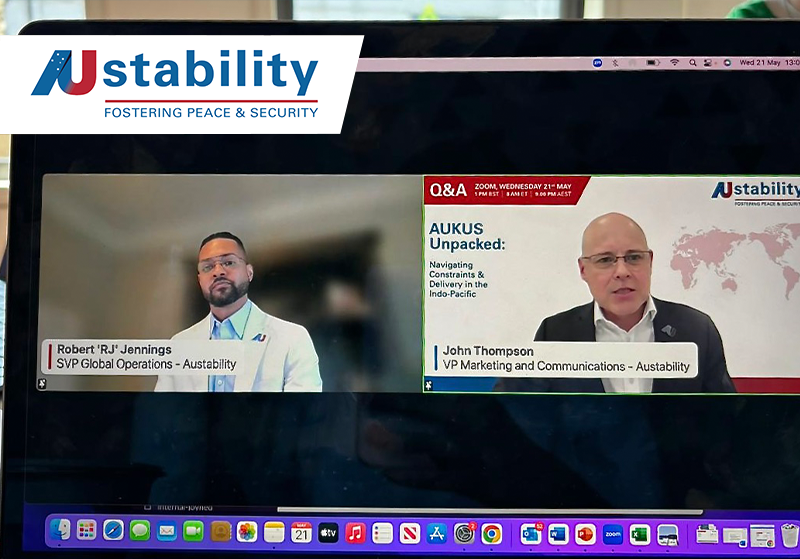ISOA: Building a stronger Europe
As we enter for the fourth year of the Ukraine conflict with no realistic end in sight, senior European and US military leaders are unanimous in their belief that Europe is experiencing the most significant set of threats since the end of the Cold War.
By John Thompson, VP Marketing and Communications
Russia is on a war-footing and reconstituting its armed forces faster than ever before.
What does this mean for European security and what does it mean for industry and companies like Austability?
At the recent International Stability Organization Association (ISOA) Europe Industry Days in Germany there was a very clear message from senior American Army officers – the US was “unwavering” in its support of NATO and that the relationship was “ironclad”.
It was also acknowledged that Europe was at an inflection point – what happens now will be important for global security for decades to come.

Despite that, the Americans have made it clear that they intend to shift at least some of their focus to the IndoPacific and expect Europe to fill the breach. Encouragingly, out of the 32 NATO countries, 23 (or more than 2/3) are now meeting their minimum defense spending requirements. Spending in 2021 was $US11 billion, it is now $US68 billion.
The ISOA conference was told that the US pivot towards the IndoPacific is nothing new – the Americans have been trying to do so since 2011. The change in US troop numbers in Europe is also nothing new: 230,000 in 1951, down to 65,000 in February 2022, up to 105,000 after the Ukraine war started and currently 85,000 personnel stationed on the continent.
Given that the threat is not going away and in fact remains “chronic and growing” how does industry – and companies like Austability – play its part?
There will be a need to fulfil Base Operation Services (BOS) and Life Support Services (LSS) as troops are transferred to frontline duties; which means more accommodation, transport, food and security required to be delivered by industry – services that are core to businesses like Austability.
Given that the role of industry in is becoming increasingly important, there is one widely acknowledged challenge: to simplify the contracting process.
NATO has its own established processes and procedures, but so too does every other NATO country. Genuine integration, the securing of critical supply chains, building resilient and adaptive supply networks and sustainable long-term solutions are vital should conflict ever break out.
As one senior official put it, NATO forces combined with an integrated public/private partnership is what delivers a strong, capable and effective deterrence; however, there is an urgent need to move beyond transactional to long-term strategic industry partnerships.
After all, we’re in this together – and together, we are stronger.




